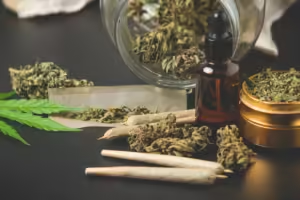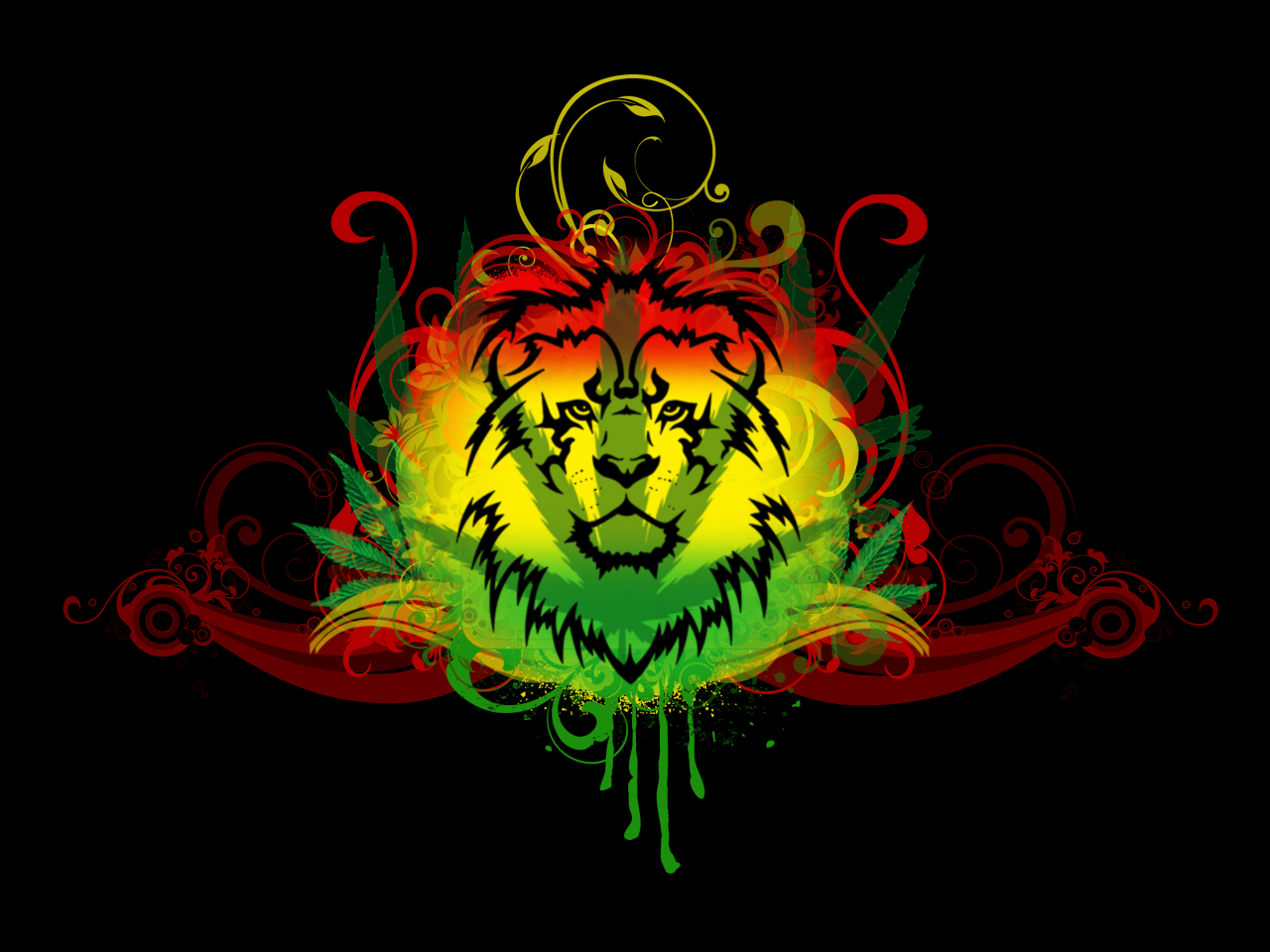Each religion has its own unique practices and rituals, and Rastafarianism is no exception. Unlike traditional churches, Rastafarians typically gather for weekly meetings called Reasoning sessions, which take place in believers’ homes or community centers.
During these Reasoning sessions, Rastafarians engage in various activities such as discussions on community issues, chanting, praying, meditating, and singing. The music associated with these sessions, known as Nyabingi, combines elements of 19th-century Gospel music and traditional African drumming. It serves as a means to reach heightened states of spirituality and carries strong themes of Black redemption and repatriation. Reggae music has also emerged from these gatherings.
Feasts are sometimes incorporated into these meetings, adhering to the Rastafarian food laws. Diet holds significance in Rastafarianism as believers are conscious of their impact on the environment. Most Rastafarians follow a vegetarian diet, although they may occasionally consume small fish.
Marijuana, referred to as ganja, plays a significant role in Reasoning sessions. Rastafarians consider cannabis to be a sacred herb that enhances communal feelings and induces visions of a religious and calming nature during meditation. They view the use of marijuana as a sacred practice and believe it should not be abused. Prior to its consumption, Rastafarians recite a prayer that acknowledges the eternal nature of God and expresses gratitude.
 Initially, the use of marijuana among Rastafarians emerged as a response to the mistreatment of Black people in society. It served as a symbol of counterculture and resistance against oppressive powers. Some Rastafarians justify the sacred use of cannabis by referencing biblical passages, such as Psalm 104:14 and Proverbs 15:17.
Initially, the use of marijuana among Rastafarians emerged as a response to the mistreatment of Black people in society. It served as a symbol of counterculture and resistance against oppressive powers. Some Rastafarians justify the sacred use of cannabis by referencing biblical passages, such as Psalm 104:14 and Proverbs 15:17.
Interpretations of the Bible also inform Rastafarian beliefs and practices, including the significance of dreadlocks. They draw inspiration from the story of Samson and verses like Numbers 6:5, which emphasize the growth of long hair as a sign of holiness and dedication to God. Therefore, Rastafarian men do not shave their heads or beards, as these represent their strength and devotion.
However, Rastafarianism encompasses more than just dreadlocks, reggae music, and marijuana. Negative perceptions of the religion often stem from racism and fear of its political implications. Rastafarians have faced persecution from the Jamaican government and negative attention from law enforcement due to their appearance and anti-establishment views. While some Rastafarians advocate for the legalization of marijuana, they are generally not heavily involved in politics. They continue to strive for religious and economic freedom and promote peace, self-reliance, eco-consciousness, and an end to racial and economic oppression.
The Rastafarian people have a great distane for the western society and especially medical practices. The food they eat is pure and untouched by chemicals. They do not eat meat, especially pork meat and prohibit themselves from indulging in the use of alcohol. They do not believe in death or the after life unless they succumb to Babylonian, western society, way of life which include our medicine, what we eat and how we live. If a person of rastafarian beliefs were to die in a hospital, it is believed that his soul will not be reincarnated and die forever.
Rastas believe that if a person does become severely ill, God will cure his illness. They avoid the use of western medication at all costs.
Although Rastafarianism lacks formal leaders, creeds, or official spokespeople, it remains a closely-knit community with a significant cultural impact that has inspired other communities worldwide.



Howdy! This article couldn’t be written any better!
Looking at this post reminds me of my previous roommate!
He constantly kept preaching about this. I will send this information to him.
Fairly certain he’s going to have a great read. Thanks for sharing!